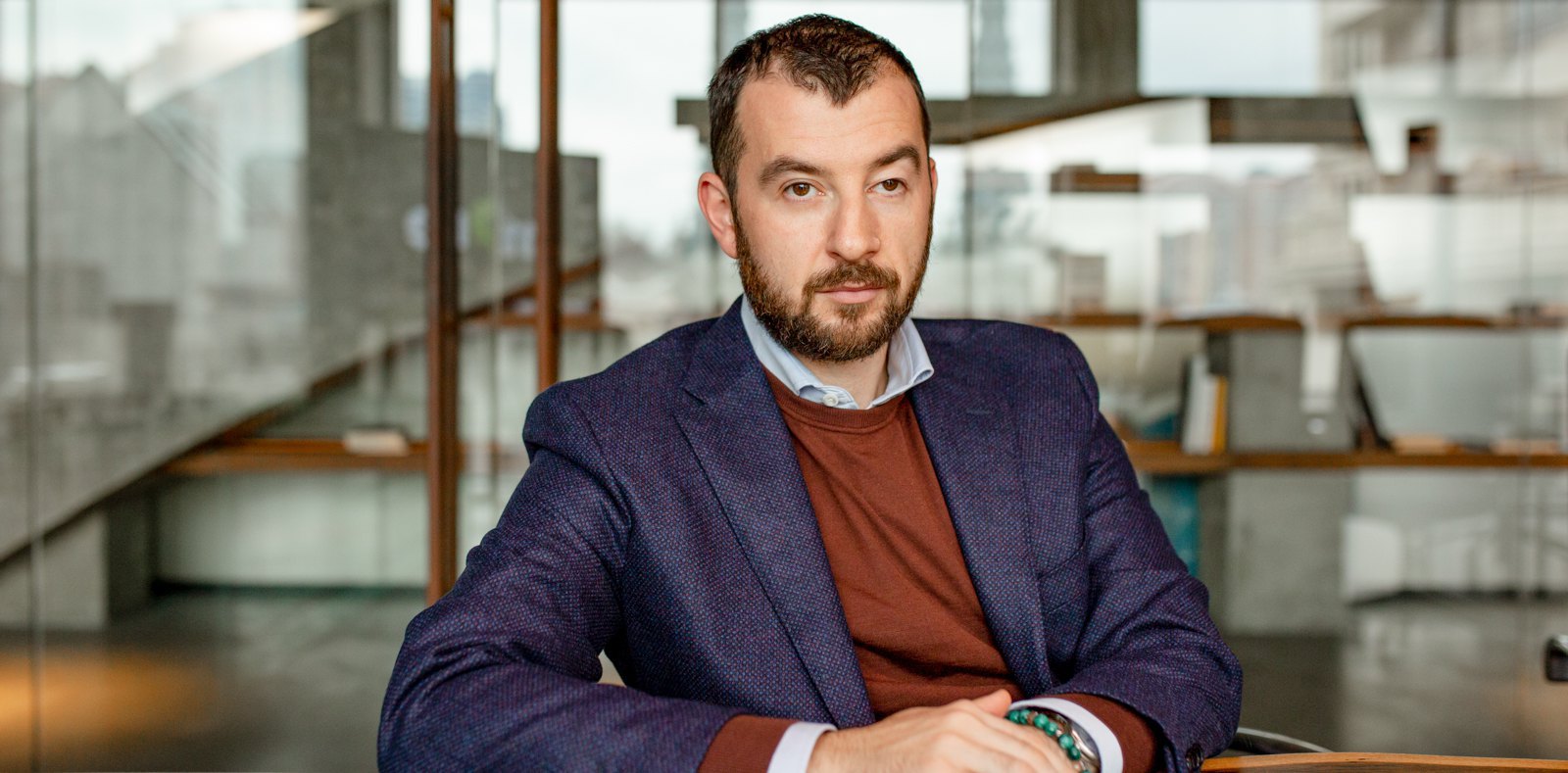Philipp Grushko, a member of the TIS port's supervisory board
1. How do you envision Ukraine's post-war recovery? Where should the main efforts be directed?
Today, about half of our budget expenditures are covered externally, using grants and loans from our allies. Medium-term investments in our economy are investments in our freedom. If we remain poor, we will be conquered.
Since we have no hydrocarbon reserves, our only way forward is to invest in processing and added value. Ukraine still has one of the lowest levels of containerisation in Europe. For comparison: Intel has been present in Poland for 30 years, has 4,000 employees, and has invested 7 billion in a new semiconductor plant.
2. Which industries should drive the Ukrainian economy after the war?
We have already demonstrated to the entire civilised world our strengths, courage, perseverance, freedom-loving spirit, mutual assistance, reliability, resilience, and agility. We can succeed in recovery and trade by capitalising on these qualities.
After the war, we will face a huge battle for HR capital. Many countries will be interested in labour migrants from Ukraine. Many countries will be interested in labour migrants from Ukraine. We will have to work very hard to bring human resources back by creating conditions and motivators."
3. What are the main challenges in the post-war development of Ukraine?
The war has triggered the development of Ukrainian identity. The sooner we turn the page on the USSR and false nostalgia for it, the harder it will be for the Russian world to return.
4. What should be the role of the state and the private sector on this path?
Our agricultural sector is very competitive, and our government and lobby will need to convince EU farmers that we can cooperate with them rather than compete for agricultural subsidies from Brussels.
In the global redistribution of security spheres, capital will abandon autocratic countries, and we, having proven ourselves as a reliable military ally, will be able to host this capital. And then a factory assembling components for iPhones and Boeings will no longer be a fantasy. We just need to defeat corruption.









